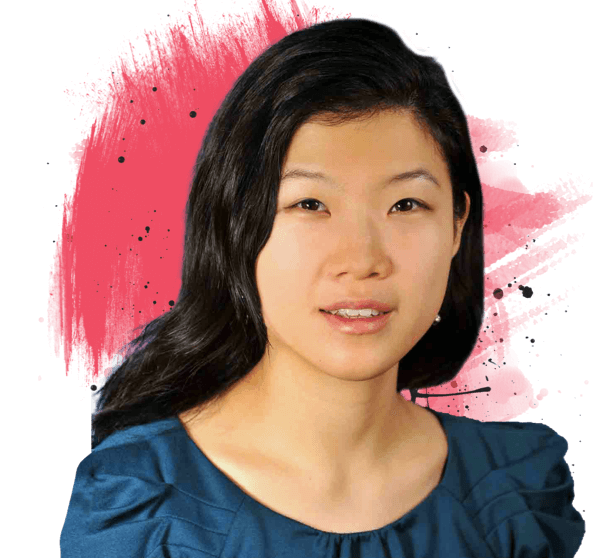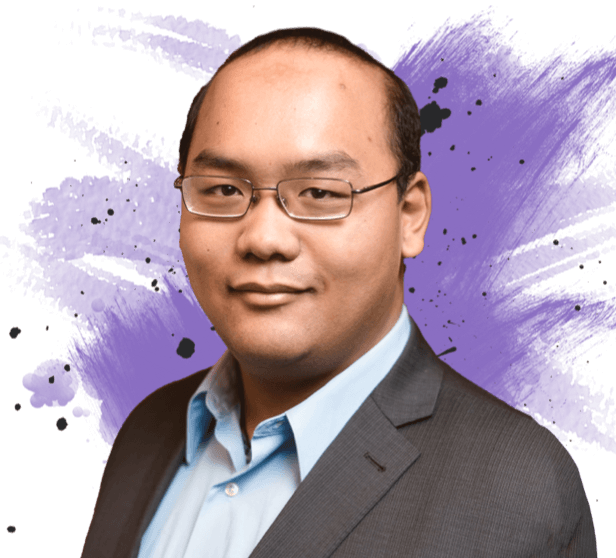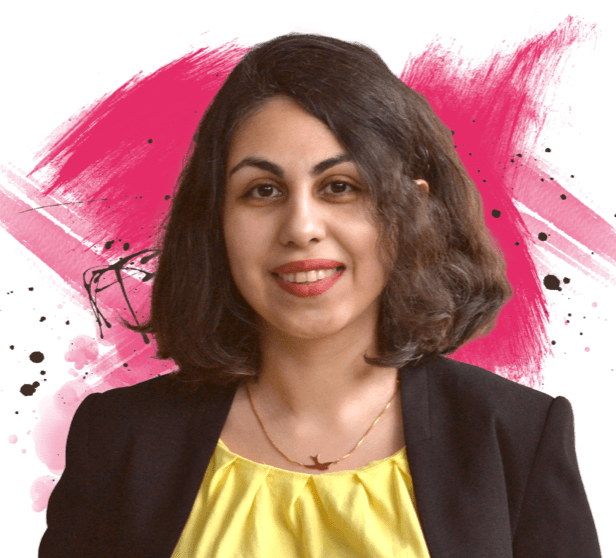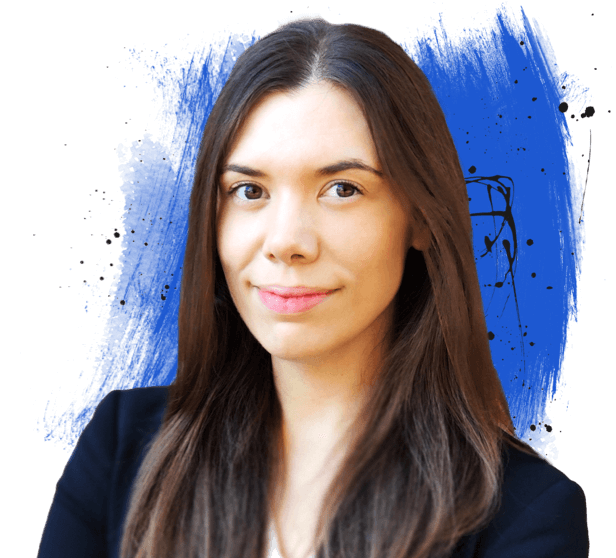New Smith faculty

Eddy Ng, Smith Professor of Equity and Inclusion
Ng spent over seven years working in the financial sector before deciding to return to school for his PhD. “I remember receiving a directory with everyone’s names, titles and contact, from the CEO to the mailroom clerk. I noticed a pattern; all of the executives’ assistants were women. There were very few racialized employees in senior positions and many were segregated in certain departments of the bank. That led me to want to learn more about fair treatment in the workplace.” Today, Ng’s research focuses on how diversity affects a firm's competitiveness and managing across generations. At the moment he’s studying the role that location bias plays in companies discounting foreign-earned credentials in the hiring process.

Michelle Lee, assistant professor of strategy and organizations
Lee’s areas of research include social class, CEO careers, shareholder activism and corporate social responsibility. A recent graduate of the University of Washington, Lee says her dissertation research was inspired by her experience growing up as the daughter of Korean immigrant entrepreneurs. “They started in working-class jobs before starting their businesses, and these experiences were very different from my encounters working with affluent clients at Deloitte and Mazars in New York City.” The primary paper from this research looks at whether social class background matters in CEO selection. Her findings show that it does, and that this changes over time with the rise of a shareholder value orientation in corporations.

Evan Jo, assistant professor of finance
Jo's research focuses on the economics of risk. “I study how to best measure, price and allocate risk through capital markets. If economics is about creating value through trade and allocating resources to people who value them the most, much of finance is about how to allocate risk to people who hate it the least. For example, when I buy car insurance, I am paying to transfer my car risk to insurers who are better able to tolerate risk.” Currently, Jo’s research explores longevity risk as it pertains to defined-benefit pensions and annuities, and whether creating a better capital market for insuring and trading longevity risk would result in potential savings and cost reductions.

Elaheh Fata, assistant professor of management analytics
Fata was studying mechanical engineering at Sharif University of Technology in Iran when a schoolmate piqued her interest in operations research with a discussion based on two well-studied problems in optimization: the Knapsack and Travelling Salesman problems. “I got so excited about the topic that I took three optimization and algorithm design courses in the same semester. Little by little, I was drawn to management analytics,” she says. Fata went on to complete her master’s degree in electrical and computer engineering, followed by her PhD in controls. Today she studies revenue management and pricing, and currently explores assortment optimization and fairness in revenue management.

Erica Pimentel, assistant professor of accounting
Today, Pimentel is studying how blockchain is disrupting the accounting profession. But it was her grandfather’s experience as a women’s apparel maker that inspired her to become a certified public accountant. “Even as a young child, I found his work to be very exciting and it seemed like there were constantly new challenges he had to overcome. This introduced me to entrepreneurship and the value SMEs bring to their communities. I was attracted to becoming a CPA because it would put me in a position to provide advice to entrepreneurs to help them reach their goals.” Pimentel’s broader research interests explore the impact of technological disruption on how professionals engage with their work.

Blake Steenhoven, assistant professor of accounting
After graduating with his bachelor of business administration from the University of Alaska, Steenhoven spent time as an auditor before going back to school for his master’s and PhD. He loves being a professor. “When I’m teaching, I get to help students understand and appreciate concepts that many find intimidating at first. When I’m working on academic research, if I have a question that hasn’t been answered, I get to go find the answer myself.” His research interests lie in how managers communicate with financial markets and gender issues in financial markets. He’s currently looking at the vocal cues—pitch, volume and speech rate—managers use when speaking to investors. His aim: to help them communicate more effectively.

Paula López-Peña, assistant professor of business economics
López-Peña was an impact evaluation co-ordinator and research fellow in the social protection and health division of the Inter-American Development Bank before starting her doctoral studies. “I was interested in understanding how non-cognitive skills and adverse life events affect health and labour market outcomes,” she says. Some of her current projects focus on the impact of non-cognitive skills on female entrepreneurs, the causes and consequences of internal conflict, and toxic management, firm productivity and worker well-being.
